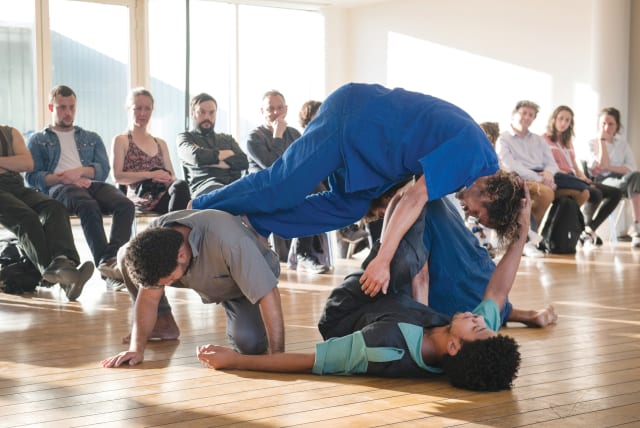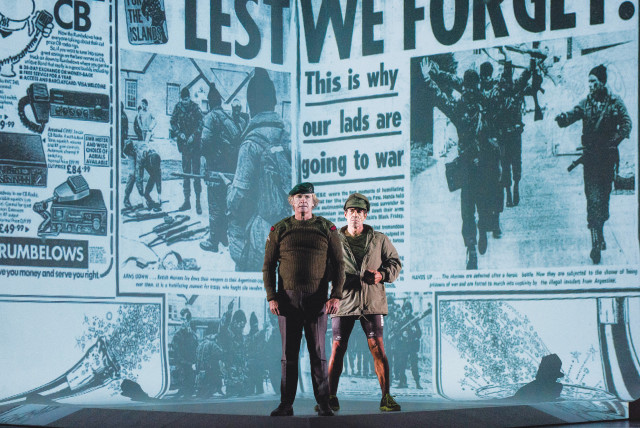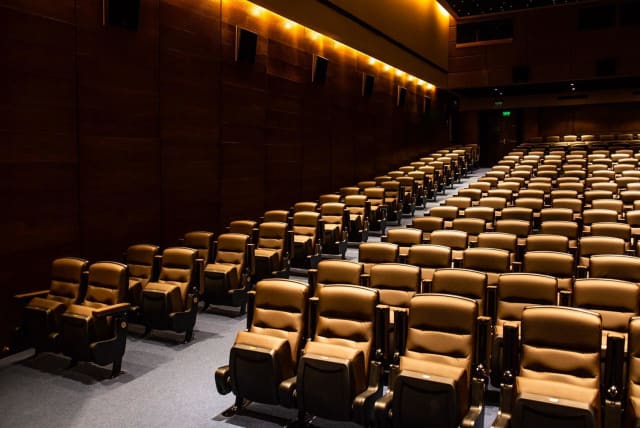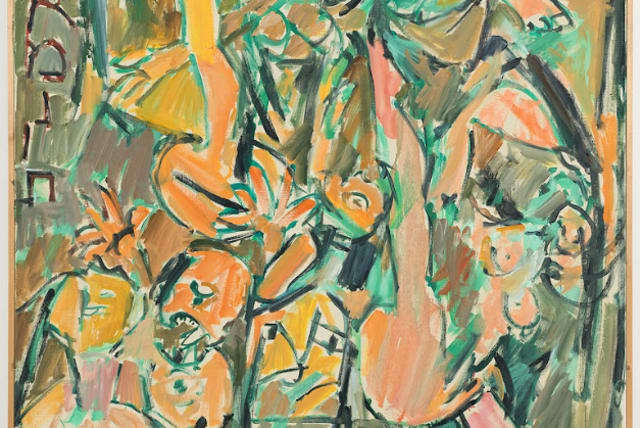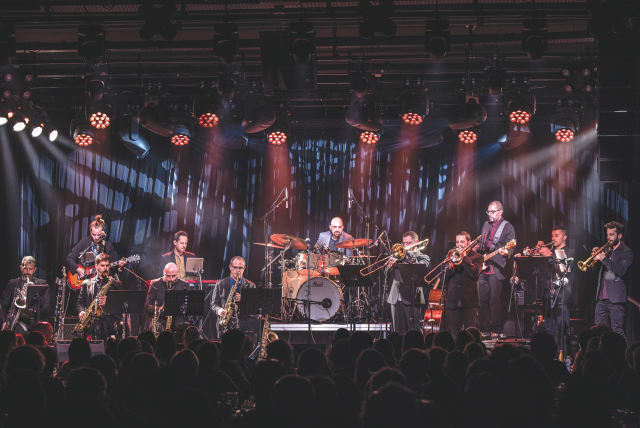aCORdo - The School of Visual Theater
There are all sorts of ways to draw an audience into the thick of the creative narrative. Brazilian choreographer Alice Ripoli decided to lure us into a false sense of security by having her dancers lounge around snoozing, seemingly oblivious to their surroundings, ticketholders included, for the first five or 10 minutes of aCORdo.
The four dancers – at this stage one could only assume that was what they were – lay around on the floor sleeping, sometimes apparently completely at rest, other times furtively changing position. That gradually morphed into a tumble of outwardly unplanned shifts, as they climbed and rolled around each other, often taking up positions that could not have been much fun. But there was a sense of unison, and mutual physical and emotional support in there too.
Then, as expected, the pace increased appreciably and the performers picked up a head of steam, and started careening, artistically it must be said, around the rectangular space enclosed by an industrial-looking wall and, on the other three sides, by the audience sitting on regular chairs. Ripoli soon had us completely, corporeally, on board as various spectators had one somnolent dancer or other gently placed in their laps, thereby also introducing an element of humor, empathy, and a modicum of unease.
The politically underscored work took on an even more invasive aspect as the dancers did the rounds of the spectators and, gently but assertively, relieved us of various possessions. Bags, watches, cell phones, jewelry, and even footwear all found their way into the performers’ pockets and the bags they had requisitioned.
As we looked on in amazement and, it must be said, a little consternation, wondering how – if – we might reclaim our stuff, the dancers took up a position against the back wall, that would have been familiar to anyone who has ever watched an American cop series and caught scenes in which police officers order suspects to face a wall, place their palms against it, and spread their legs. It slowly dawned on us that the – guilty as soon to be charged - dancers weren’t going anywhere, and we could get up and retrieve our belongings.
This was clearly a blatant statement about the sorry sociopolitical state of affairs in Rio de Janeiro, where the rich few are protected by the police from the socioeconomically disadvantaged majority living in favelas around the city. Ripoli’s message was inescapable – we are black, we are Brazilians, we struggle to survive, we are presumed guilty unless otherwise demonstrated. This was a disturbing, entertaining, eye-opening, impressive work which left one with plenty to mull over about social inequality around the world and the prevailing materialistic approach to life.
Minefield - Nissan Nativ Acting Studio
A couple of hours later, we found ourselves watching another emotive work across the piazza of the new arts academic compound off Bezalel Street. Minefield was primed to tug on the heartstrings as half a dozen vets of the Falklands War, aka Guerra de las Malvinas, regaled us with darkly humorous ditties and farcical antics, and tales of babes-in-arms misery and elemental fear, interspersed with video clips and some live heavy duty rock music.
Minefield has been doing the rounds of the global cultural circuit for around seven years now with, it seems, great success. The Jerusalem show was also duly appreciated by an enthused audience and ended with a standing ovation.
One of the original British cast members was replaced by the only professional thespian in the team who, surprisingly, was prone to the odd line fluff. Perhaps that was due to a lack of preparation time. But the rest of the gang conveyed their feelings, thoughts, and memories in a highly convincing manner.
The script, naturally, touched on politics, lampooning British PM Margaret Thatcher and Argentinean junta leader Leopoldo Galtieri in the process. And there were moving confessional passages and recollections with outrageous comedic slots enhancing the oxymoronic context.
Presumably, however, this is the first time Minefield has played to an audience primarily comprising folk who know a thing or two about military clashes and politically-imposed violence – from personal experience on the battlefield or on buses, or while enjoying a cup of Joe in a downtown eatery. After the show, I spoke to one of the actors who told me that our military experience had featured in the discussions they had held prior to their Israel shows. He told me that made the binational crew even more determined to “nail it.”
In truth, there was the odd passage in the show that felt a little like preaching to the converted, but it was palpably clear that all the performers meant and felt exactly what they said. Minefield is entertaining and moving in equal parts.
The final performance of Minefield takes place today (August 11) at 11 a.m.


